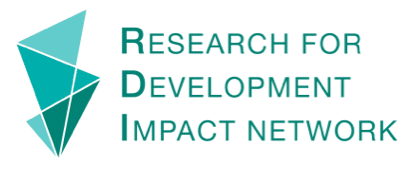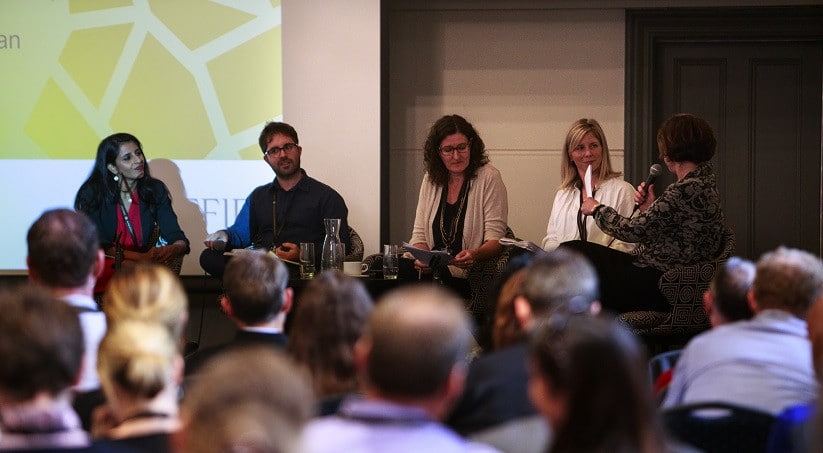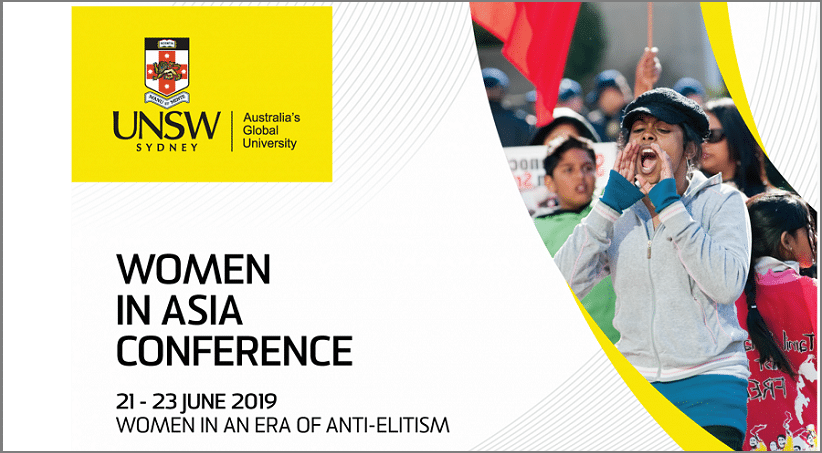Locally led development is fundamentally about shifting power to local organisations and entities and away from international organisations and donors.
To share insights on what it takes to make the change to locally-led development, RDI Network recently co-hosted a panel discussion on “The Realities of Local Partnership” with DFAT’s Diplomatic Academy. Convened in late July, this was first in a limited series of development sector forums.
Bringing together local and international perspectives from DFAT, NGOs, managing contractors and academics, the panellists who expertly explored the opportunities and challenges of local partnership were
- Gemma Porter, Oxfam Australia;
- Peni Tawake, Iconi Consulting;
- Joanne Choe, DT Global Asia-Pacific;
- Kirsten Bishop, DFAT and
- Dave Vosen, DFAT.
Facilitated by RDI Network Director, Keren Winterford and DFAT’s Tom Davis, the two-hour forum provided useful conversations and rich insights. Highlights will be shared within DFAT’s Diplomatic Academy and with RDI Network members in the coming weeks.
Register with the RDI Network to access the briefing paper “Locally led development: the what, why and how,” written for this forum by RDI Committee member and Acting Director of LTU’s Centre for Human Security and Social Change, Lisa Denney and Senior Research Fellow, Lis Jackson.
Key points from this briefing paper are:
- Local partnership requires more than changing processes and tweaking organisational charts.
- Changing the mechanics of development and humanitarian assistance can support more locally led approaches, but it is not sufficient to shift entrenched power imbalances that are ingrained in professional and organisational identities.
- Long-established practices must be revised, together with approaches to program design, delivery and evaluation.
- This shift demands change from every organisation in the development eco-system.



